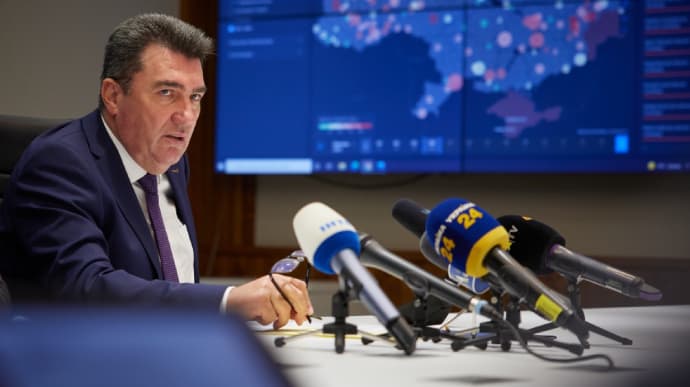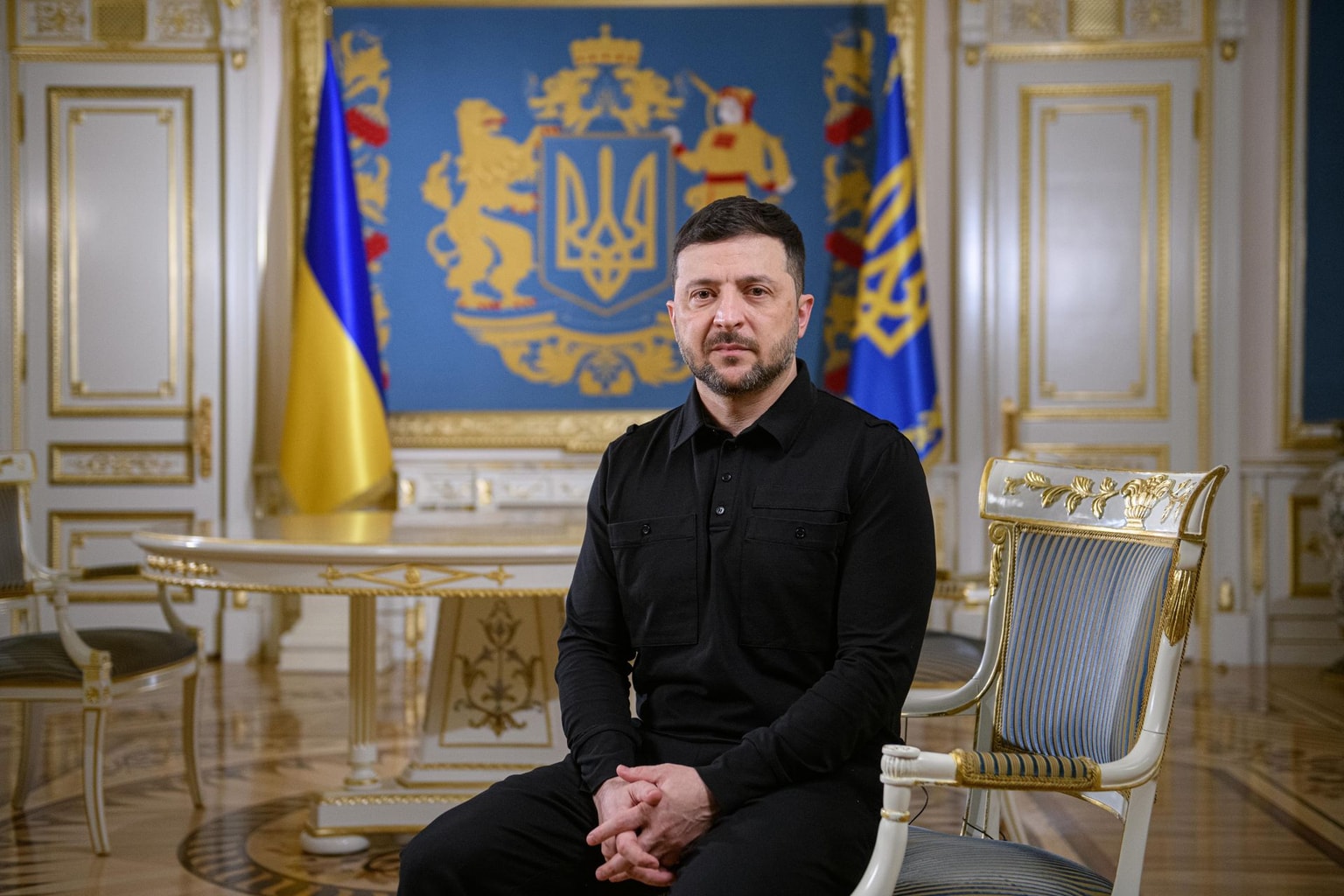Ukraine to impose state of emergency, creating a variety of restrictions

The National Security and Defense Council proposed a state of emergency on Feb. 23, following the escalation of Russia’s war against Ukraine.
If approved by parliament, the state of emergency will be declared in all of Ukraine except for Donetsk and Luhansk oblasts. The two eastern regions already have a special legal regime because of Russia's ongoing aggression.
According to National Security and Defense Council secretary Oleksiy Danilov, restrictions will vary depending on the region. The Cabinet of Ministers is to coordinate the work of other authorities.
Emergency restrictions allow the authorities to temporarily limit the public’s constitutional rights by introducing a curfew, checking identification documents of civilians, and limiting the sale of weapons, alcohol, and chemicals.
The work of political parties and public organizations can also be halted to ensure national security and public order or the protection of rights and freedoms. Mass events and strikes would be banned.
The restrictions also allow the government to take registered firearms and ammunition from citizens. The government can also make use of private property.
Producing and distributing information that can destabilize the situation in the country would be banned. The government would be able to regulate the work of TV and radio stations and introduces special rules for transmitting information online.
Conscripts and reservists could be prohibited from changing their residence without notice.
The government would be able to restrict people's movement in and out of certain territories.
However, the work of Ukraine’s president, parliament, ministries, and other authorities cannot be limited or suspended during a state of emergency.










